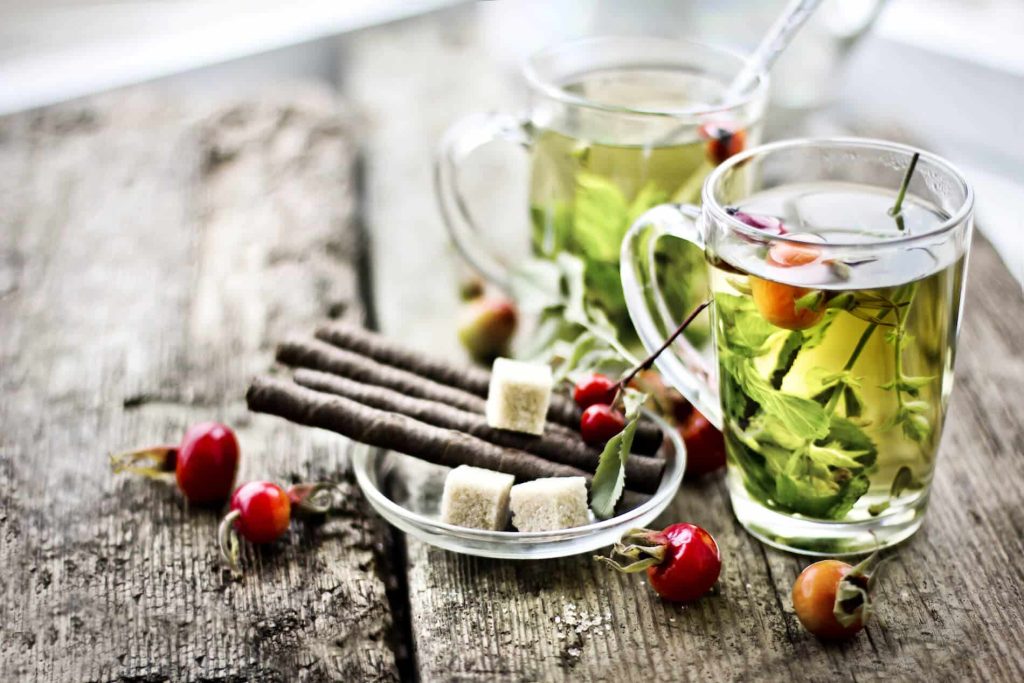There’s no denying stress affects everyone! It’s the body’s natural response to danger. However, as human beings living in the modern world, the way we experience stress has changed. We have evolved to a point where the threat of real danger is no longer a prominent trigger.
As a result of this, we find ourselves stressing over seemingly mundane day-to-day tasks such as getting stuck in traffic or spilling coffee on our clothes.
Could this be a direct result of our own self domestication? Who knows, however there are ways to deal with these stresses in a healthy manner. Below are some coping mechanisms on how to deal with stress in the modern world.

Exercise:
One of the most underrated forms of decreasing stress, exercising releases endorphins in the brain, which leads to an overall positive feeling within the body and mind. Find an activity that appeals to you and let those “feel good†feelings speak for themselves.
If high impact exercise is not possible then swimming could be a great option. The buoyancy of the water supports your body and takes the strain off painful joints so you can move them more fluidly. Swimming has also been proven to improve your mental state and boost your mood.
Tai Chi and Qi Gong are also excellent options for people of all ages and ability levels and combine the advantages of exercise with the benefits of meditation.
Stimulants:
The use of stimulants induces the feeling of increased energy, attention, and alertness but current research has indicated that stimulants may have serious implications for our health.
Excessive consumption of stimulants such as sugar and caffeine can result in anxiety, which in turn can trigger stress. The temporary “high†associated with these substances increase the heart rate and can bring on feelings of stress. Cutting back will help to improve anxiety.
Reducing or eliminating our alcohol consumption is also an extremely effective way of reducing stress. Alcohol is a depressant and although it may appear to combat feelings of stress in the short term, in the long run drinking can contribute to feelings of depression, anxiety and make stress harder to deal with.

Meditation:
The art of meditation comes in various forms; whether it be listening to music, drawing, painting or immersing one’s self in nature.
The overall objective of meditation is to calm your mind, focus your attention inwards can help to help you feel grounded, secure and ease stressful thoughts and feelings.
Try as many techniques as you can until you find one that works for you. Remember everyone is different and there is no correct method of meditation. The simple act of sitting mindfully and focusing on your breathing is a great way to reduce anxiety and reset disrupted sleep patterns.
Sleep:
A good night’s sleep is just as important as a healthy diet or exercise. Sleep deprivation is linked to weight gain and quality sleep improves your productivity and your creativity.
We should aim to sleep for at least seven hours a night. Lack of sleep or broken sleep can severely affect our ability to function during the day and have a detrimental affect on our overall mood, leading to increased stress levels.
Try to avoid physical activity and caffeine late at night if you have trouble falling asleep. Instituting a regular meditation practice and a moratorium on screens of all types before bedtime could help you sleep better and feel better.

Appreciate:
It’s easy to get caught up in trivial stressful situations and not look at the bigger picture. Take time out of your day to appreciate the good things in your life and this in turn will help you to achieve a more positive outlook.
Approaching the world from a place of gratitude is a great way to reduce stress. Appreciate what is valuable to you and make a habit of responding to the little gifts you receive throughout your day.
Try writing it down in a gratitude journal to begin with and build from there.





